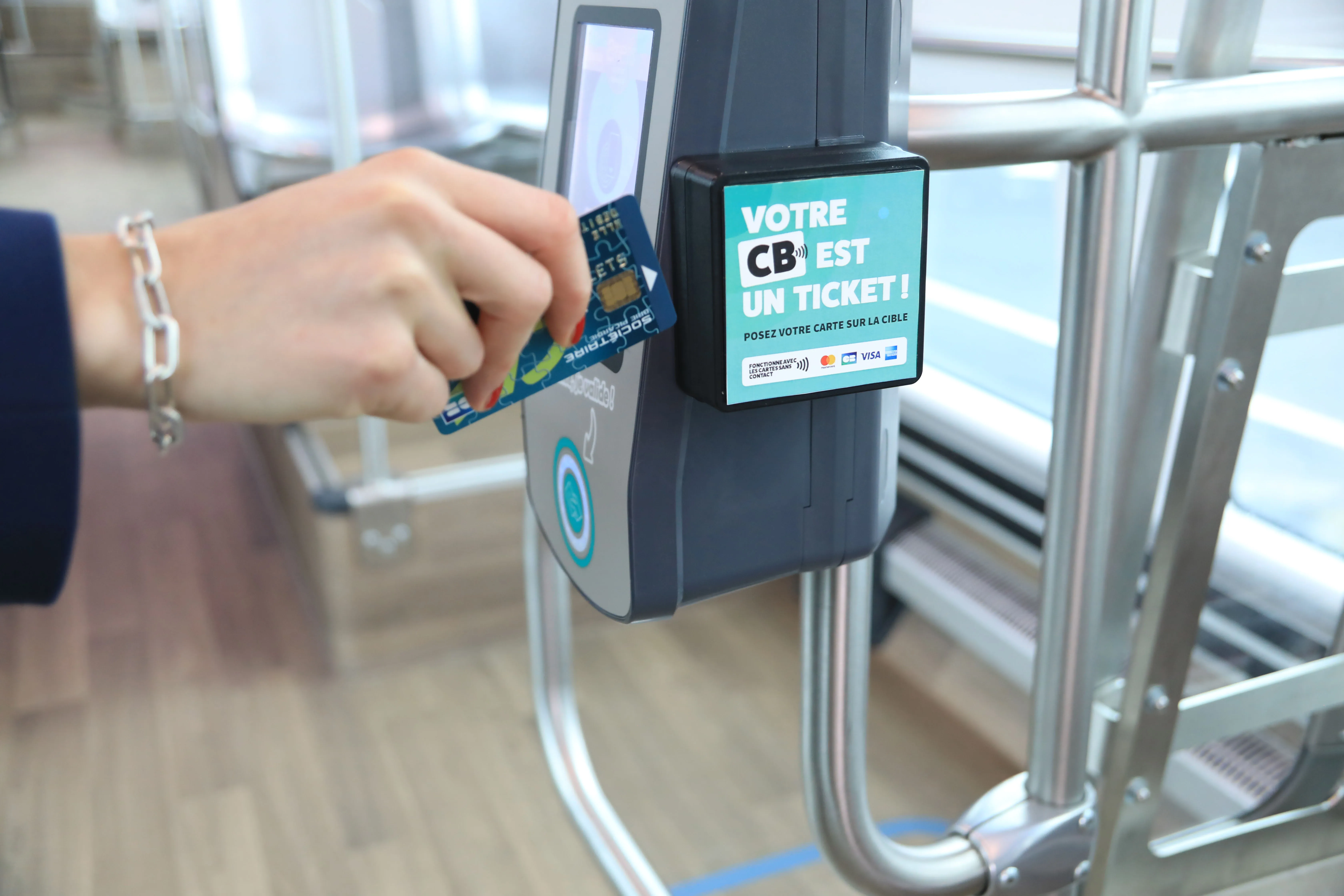US-based Xerox has been awarded a contract worth US$122 million to provide Southeastern Pennsylvania Transportation Authority (SEPTA) with a contactless fare collection system. The system, which is to be installed on regional trains as well as buses, trolleys and subways, uses credit or debit cards to collect fares. Philadelphia is home to the USA's sixth largest urban transit network which clocks up 1.1 million journeys per day. Users of the network will soon be saying farewell to cash, metal tokens and
October 8, 2012
Read time: 1 min
US-based 4186 Xerox has been awarded a contract worth US$122 million to provide 4288 Southeastern Pennsylvania Transportation Authority (SEPTA) with a contactless fare collection system. The system, which is to be installed on regional trains as well as buses, trolleys and subways, uses credit or debit cards to collect fares.
Philadelphia is home to the USA's sixth largest urban transit network which clocks up 1.1 million journeys per day. Users of the network will soon be saying farewell to cash, metal tokens and magnetic cards and will be using their contactless credit or debit cards as travel passes and for fare payment.
"Philadelphia was very interested in the full-scale experiment we began back in 2010 on the New York metro and New Jersey buses", recalls Marc Gordon, Vice President, Xerox public transit services and project manager in Philadelphia.
Philadelphia is home to the USA's sixth largest urban transit network which clocks up 1.1 million journeys per day. Users of the network will soon be saying farewell to cash, metal tokens and magnetic cards and will be using their contactless credit or debit cards as travel passes and for fare payment.
"Philadelphia was very interested in the full-scale experiment we began back in 2010 on the New York metro and New Jersey buses", recalls Marc Gordon, Vice President, Xerox public transit services and project manager in Philadelphia.










